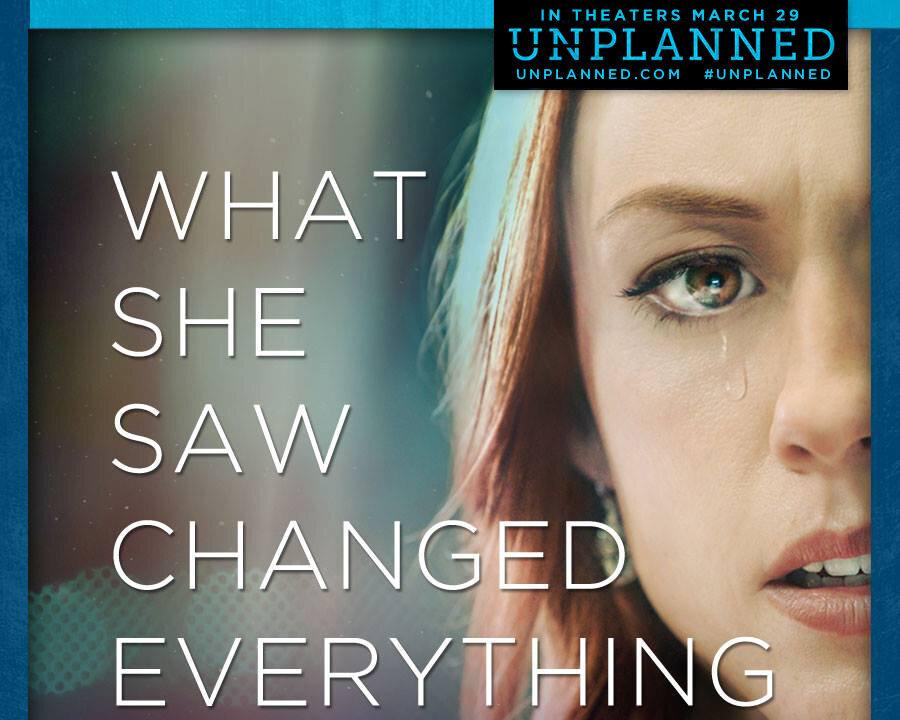Commentary
“Unplanned,” a movie that shows the pro-life side of the abortion argument and takes on Planned Parenthood, is making waves after bringing in $6.1 million on its limited opening day. It now plans to open in more theaters across the country.





